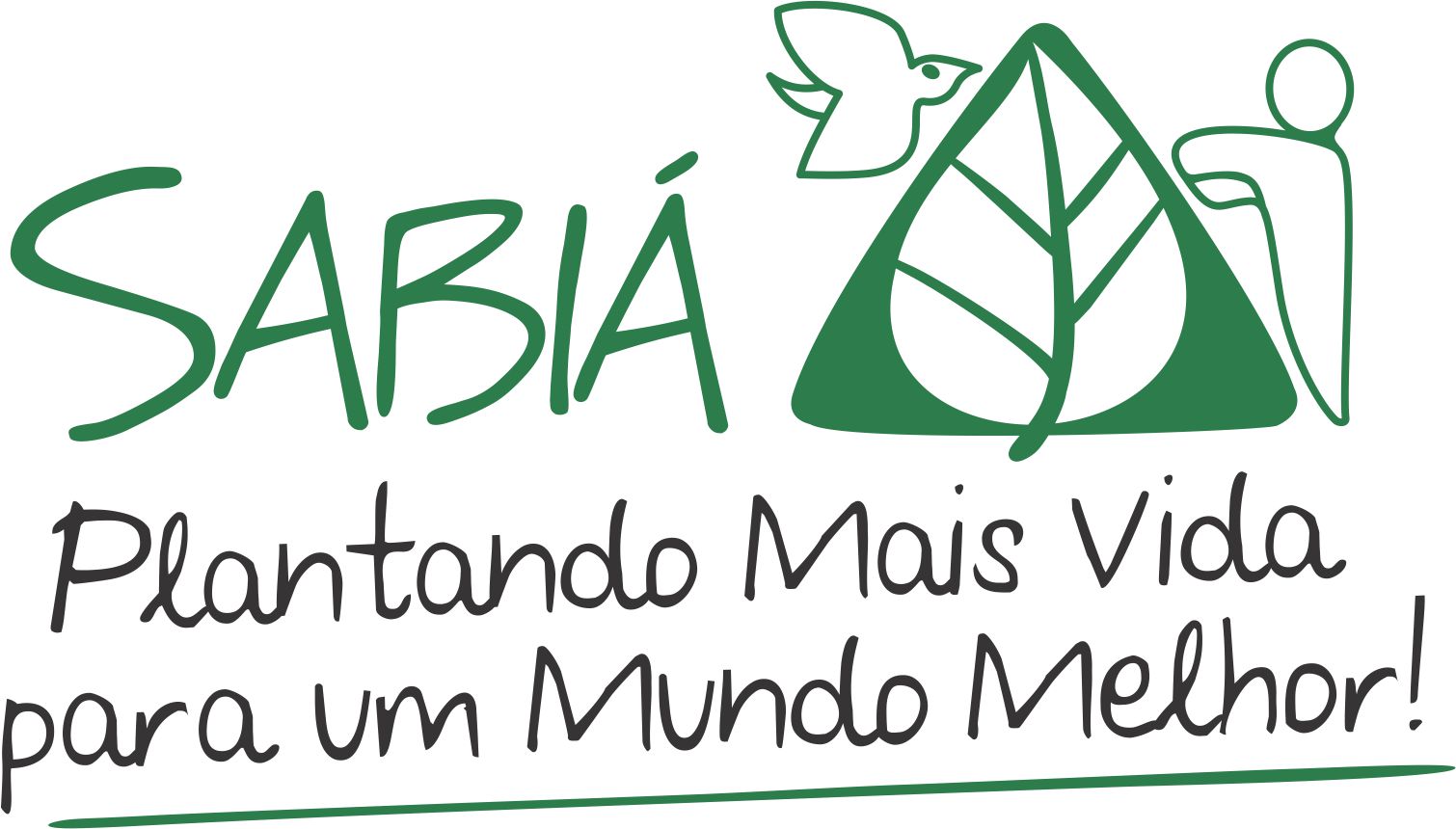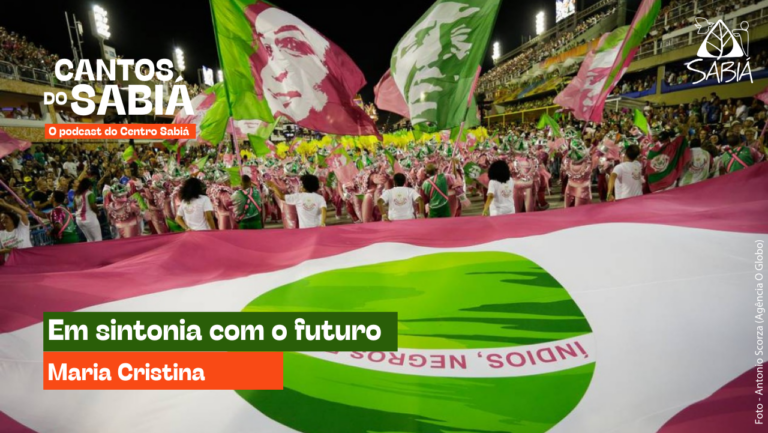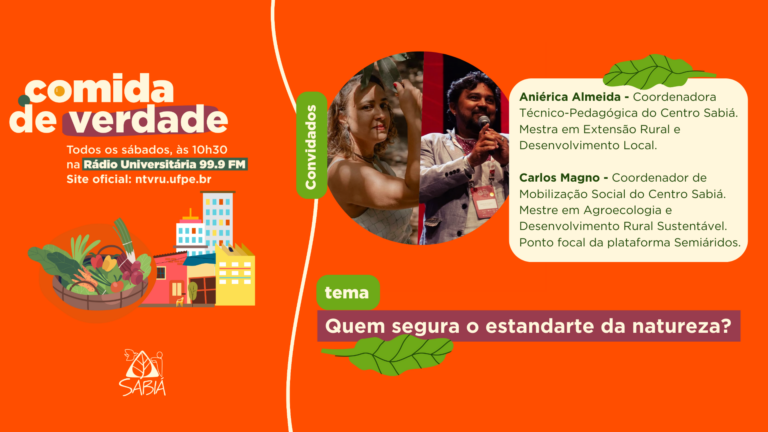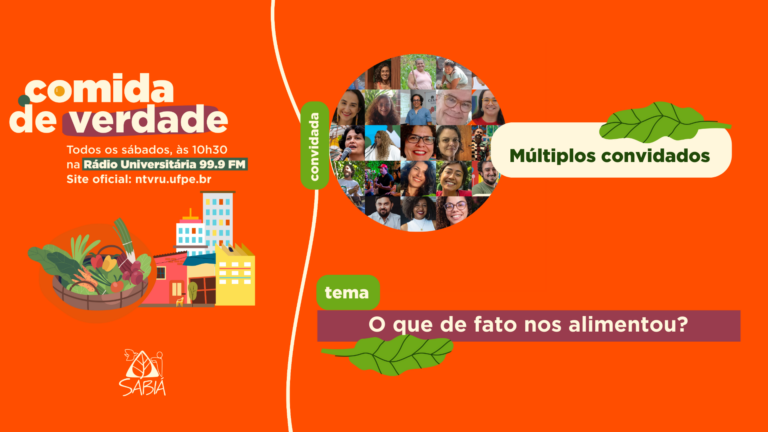Family farmers take part in workshop in Agreste de Pernambuco
Rosa Sampaio
Sabiá Center journalist
This week was different for the women of the Riacho de Pedra de Baixo community, in Cumaru, and Sítio Carneirinho, in Caruaru, in the agreste region of the state. On Tuesday (18) and Wednesday (19), 25 family farmers assisted by the Sabiá Centre took part in the Experiences Systematization Workshop, held by the project team and the organization’s Communication Centre. The workshop was divided into two parts, one held in the municipality of Cumaru, Communication and Popular Expression, where they worked on popular communication, social networks and their uses, notions of photographs and videos on cell phones, as well as media training. The women had fun practicing photos, videos and reporting with each other.” Here we put aside our fear and shame and do it, learn a lot and have fun,” said farmer Josefa Tereza from Riacho de Pedra de Baixo.
According to Darliton Silva, a popular communicator from Centro Sabiá, the women farmers use two of the main social networks, Instagram and WhatsApp, but they still don’t have an established routine for organizing, producing and disseminating what they produce with a lot of love, which is real food. “It’s very rewarding for me to be able to contribute to the processes and techniques of producing photos and videos, bringing basic notions to these women about how social networks work. It’s not enough to know that social networks exist, you have to know how to use them strategically so that your products are seen, bought and consumed,” said Darliton.
The second part of the workshop, Collective Systematization of Experiences, took place on the second day at Sítio Carneirinho in Caruaru. With a moment to exchange experiences and systematize the experience of the Association of Women in Family Farming, who came together, even in the midst of the pandemic and the lure of sewing work, with the consolidation of the clothing industry in Agreste de Pernambuco, organized themselves, created the association and today participate in the municipality’s Rural Development Council and access public policies, such as the Food Acquisition Program (PAA) and the National School Feeding Program (PNAE).
“Everything here is dry, we’ve already lost a lot in farming, then in the 2000s sewing arrived, but it’s “slavery”, we work day and night and our lives don’t improve. So we’ve turned the key, you see, farming is a lot of work, but we’re together, pursuing projects, with a voice at home and outside the home. And we already have our own money, we share everything and it’s been working,” Amanda Alves, farmer and president of the Association, told us.
For Rosa Sampaio, a journalist at Centro Sabiá and one of the workshop facilitators, the exchange of experience and systematization between the women is important not only for recording, but for spreading the action to inspire other women. “As we said yesterday (18) in the first part of the workshop, these women are influencers and can influence even more women. Today here are the women from Cumaru, but once the experience has been systematized, it will spread across borders, which is why we opted for written and video systematization to reach more women farmers and so many other women who need encouragement,” says Rosa.
The workshop lasted two days, for a total of 16 hours, as part of the actions of the Rural Women and Healthy Life Project carried out by Centro Sabiá, through the ATER Public Call for Women 001/2023 Lot 19.
Nothing found.



















